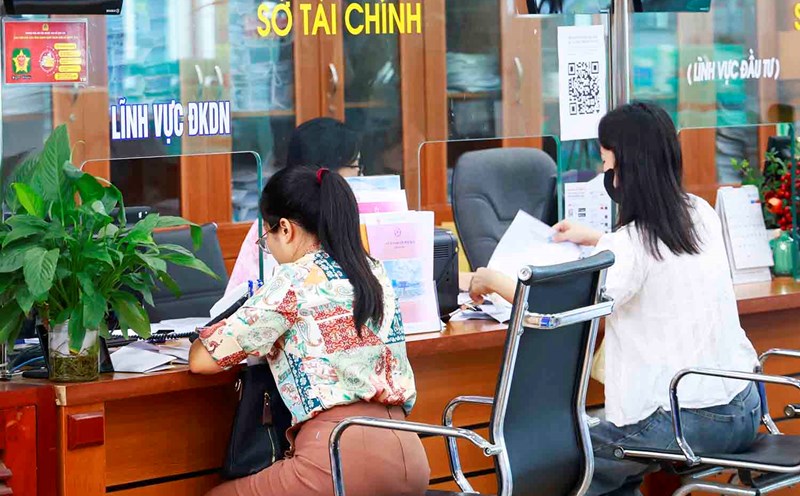Ethiopia - a new member of the BRICS - is negotiating with China to convert a portion of its $5.38 billion debt to yuan loans. The goal is to reduce foreign exchange pressure while strengthening trade relations with Asia's largest economy.
According to Ethiopia Governor Eyob Tekalign, the discussions took place in Beijing last month with the Export-Import Bank of China and the People's Bank of China. The two sides discussed payment issues, trade facilitation and debt restructuring.
China is currently an extremely important partner of ours... Establishing a currency exchange mechanism is completely reasonable. We have officially proposed and are working to realize this, Mr. Eyob said after the annual meeting of the International Monetary Fund (IMF) in Washington.
Earlier this month, Kenya, another African country, completed converting three Chinese-funded loans for the railway project from the US dollar to the yuan - a step that has helped the country save about $215 million in interest per year.
Nigeria also extended a 15 billion yuan (about $2 billion) exchange-traded agreement with the People's Bank of China in December last year to support commercial payments in naira - yuan.
Analysts said that many African economies are gradually switching to using yuan in loans and transactions, which is a clear demonstration of the "de-dollarization" strategy.
The economy of the East African nation of Ethiopia is facing a series of challenges after the COVID-19 pandemic and the 2-year civil war in the Tigray region, which ended in 2022.
Ethiopia went bankrupt in international bonds worth $1 billion by the end of 2023, but later reached a settlement with official creditors under the G20 mechanism, co-chaired by France and China, saving the country more than $3.5 billion in short-term cash flow.
In September, Finance Minister Ahmed Shide confirmed that the two countries had agreed on a framework for exchanging Birr - yuan currencies to support bilateral trade and rebuild the economy after a long period of shock.
Joining BRICS in January 2024, along with Egypt, Iran, the UAE and Indonesia, Ethiopia is rapidly taking advantage of its new position to diversify financial relations. BRICS has repeatedly called on member countries to use domestic currencies in payments, reducing dependence on the USD - a trend considered a direct challenge to the US-led financial system.
US President Donald Trump has criticized BRICS's "dollar exchange" strategy and warned that he will impose tariffs and sanctions on countries that have shifted away from the greenback.











